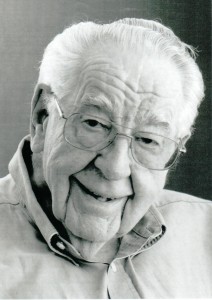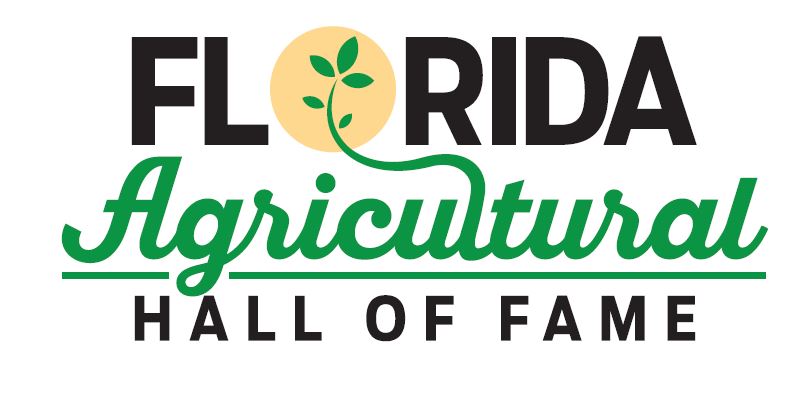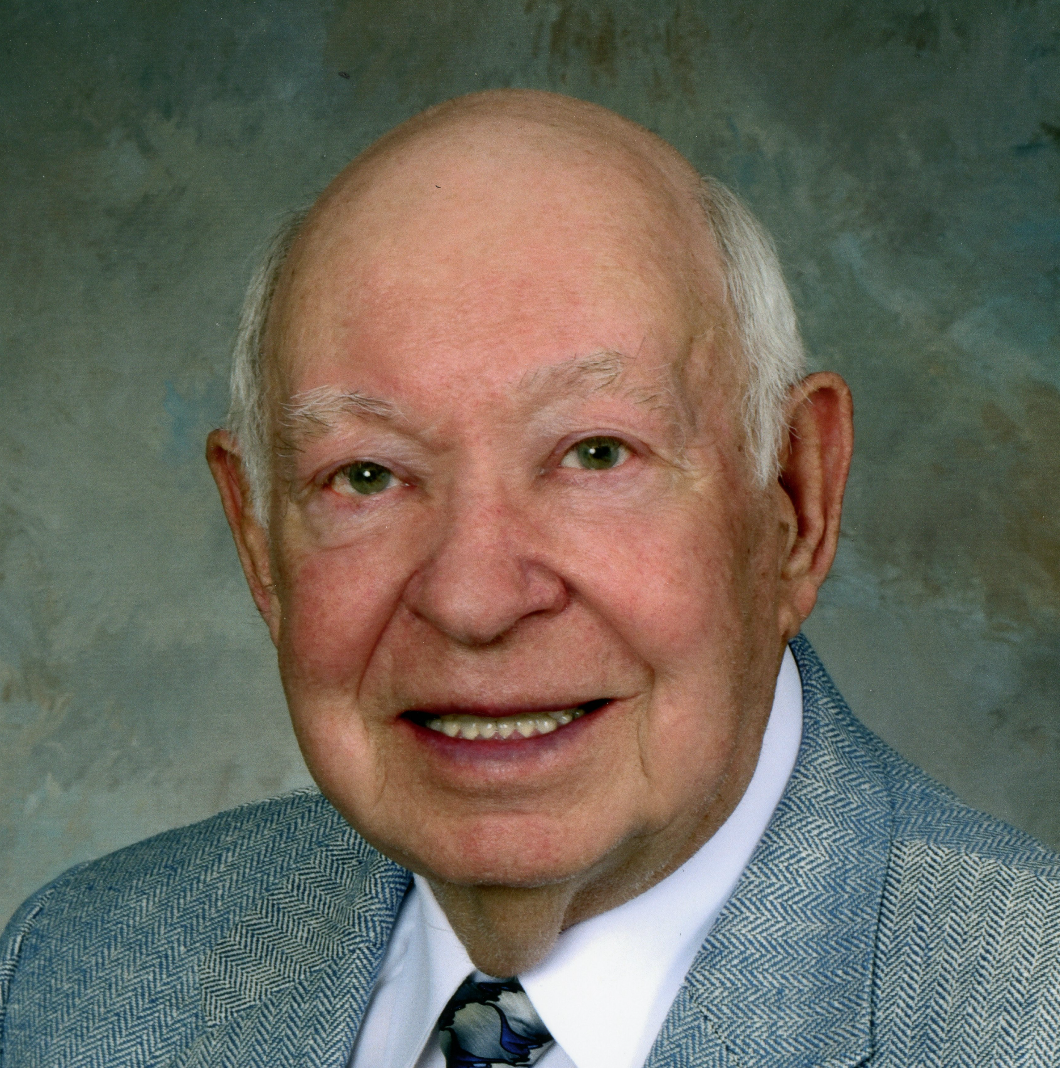
Today’s Animal Science Department of the University of Florida traces its modern origin to the early 1950’s when Dr. Alvin C. Warnick was amongst newly hired faculty that provided leadership to the cattle industry of Florida. Dr. Warnick joined the Animal Sciences Department at a time when the cattle industry of Florida was emerging from open range, eradication of fever tick and screw worms. It is this environment that Dr. Warnick achieved his most significant contribution to improving the Florida cattle industry. He trained the next generation of industry leaders and produced a prodigious outpouring of scientific research in improving beef cattle in the state of Florida.
Dr. Warnick taught an estimated 1300 students in his courses in reproductive physiology at the University of Florida as well as beef cattle reproduction clinics throughout the state. He made an indelible mark on upgrading the performance of the state’s cattle through educating students in changing the industry from one of simply harvesting animals to one of management of the cow herd to higher levels of productivity, taking advantage of the latest research applicable to Florida. Over the years, Dr. Warnick and his students have worked on improving the reproduction, genetics and nutrition of the Florida cow herd.
When Dr. Warnick arrived in Florida, the average weaning rate for the Florida cow herd was approximately 50% and weight of the marketed calf was approximately 250 lbs at two years of age. This resulted in tough beef with minimal marbling. Today, the Florida cattle industry is weaning calves at 85 to 90%, with a weaning weight greater than 500 lbs. The production of a calf now has so much growth potential it is harvested as approximately one year of age. Dr. Warnick’s contributions to this improvement included pioneering the technique of palpation for pregnancy and subsequent removal of non-pregnant cows developing management technique for replacing each generation with cattle of superior performance. He was the reproductive physiologist who was instrumental in showing there is a Gene X Environmental Interaction, in which Florida cattle adapted to the Florida environment, perform much better than cattle with outstanding genetics. Another important contribution from Dr. Warnick showed that crossbreeding produced heterosis in reproductive traits ultimately improving fertility of the Florida cow herd.
Dr. Warnick co-authored three seminal books and published over 300 scientific publications. He trained 70 PhD and Masters Students at Florida and these people have gone on to play leading roles in academia and industry. Dr. Warnick was recognized for his work as a Fellow in the American Society of Animal Science. He received the University of Florida Chapter Gamma sigma Delta Junior Faculty Research Award and was recognized by the College of Agriculture as Student Advisor of the Year. More Recently, Dr. Warnick was recognized by the Utah State Agricultural Alumni with the Citation of Merit for a Distinguished Livestock Career. After a distinguished career as a reproductive physiologist, Dr. Warnick was named Professor Emeritus in 1990.
At 91 years of age, Dr. Warnick is still active and continues to educate the next generation of cattlemen and cattlewoman by showing them how to make simple, but fundamental changes in their beef cow management.

